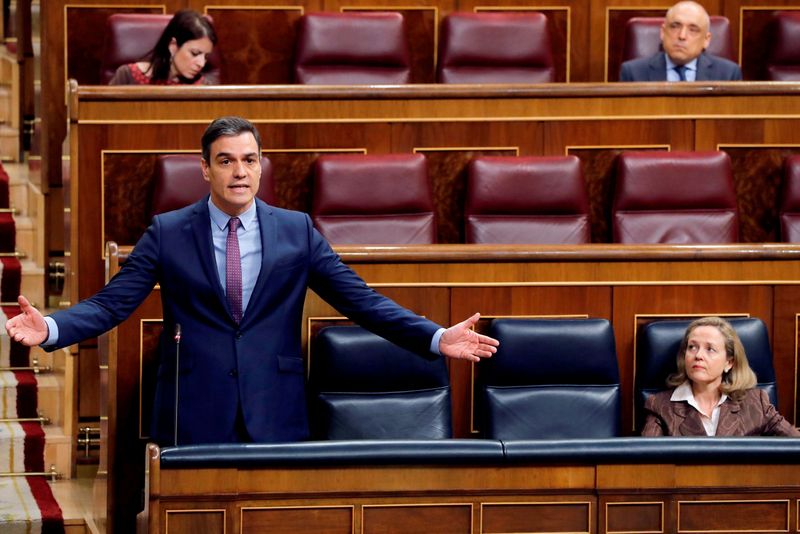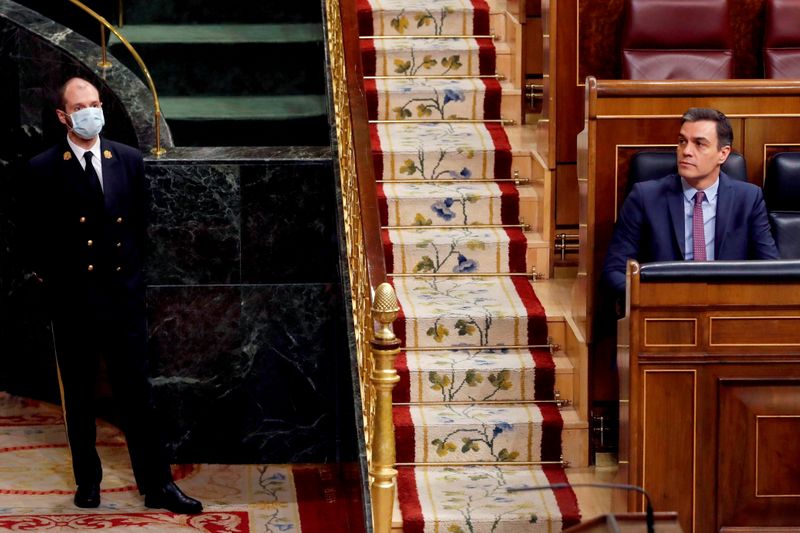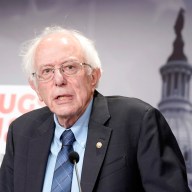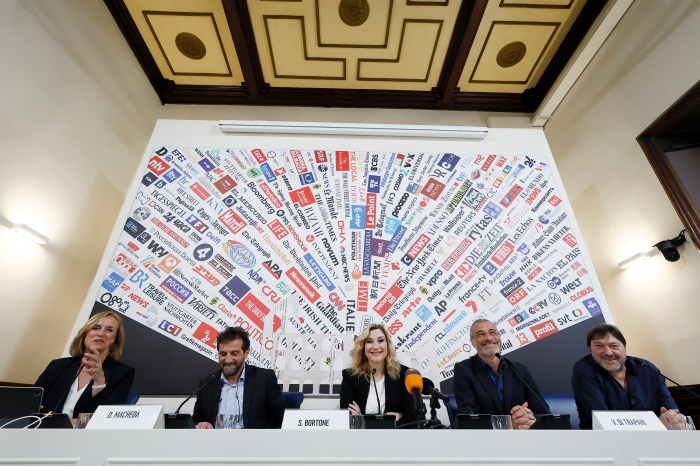MADRID (Reuters) – Spain’s Socialist-led government marked its first 100 days in power this week by passing an emergency decree with the help of its eternal adversary the conservative People’s Party.
But that rare show of unity merely masked deeper problems as the coronavirus crisis has cut the coalition’s honeymoon and triggered aggressive opposition to Prime Minister Pedro Sanchez’s national reconstruction masterplan.
“Do you intend to stand like Nero, playing the fiddle while Rome burns?” People’s Party (PP) leader Pablo Casado taunted Sanchez, even after supporting the state of emergency extension.
“Don’t give up, Mr. Sanchez. Before talking about reconstruction, we must avoid destruction,” he added, opposing Sanchez’s talk of a national “pact” for economic recovery similar to one in the late 1970s after dictator Francisco Franco.
After four inconclusive elections in four years, Sanchez in January formed Spain’s first coalition government in decades with the hard left Unidas Podemos party, another former foe of the Socialists, following delicate negotiations.
Though strains loomed on issues from Catalan separatism to immigration and labour reforms, the coalition got off to a relatively smooth start, to the relief of investors in the European Union’s (EU) fourth largest economy.
Then along came COVID-19.
Spain has had one of the world’s worst outbreaks, with more than 22,500 deaths. The crisis has shredded its economy, with hotels and beaches empty, crops unpicked in fields due to lack of foreign workers, and an 8% contraction forecast.
While there has been solidarity around the lockdown in place since March 14, now that the infection peak has passed and attention is turning to easing restrictions and economic recovery, Sanchez is scrambling to find the broad support he needs.
For weeks, he has been calling for unity and reconstruction within both Europe and Spain – but he appears to have been more successful abroad, where Madrid this week helped push EU leaders into agreeing a 1 trillion euro emergency fund.
“We see the pact in Europe for reconstruction moving forward. Perhaps it is time for it to move forward in Spain as well,” said Foreign Minister Arancha Gonzalez Laya.
But so far, among conservative opposition forces, only the 10 lawmakers of Ciudadanos party have said they will support his pact, while others parked the issue in a congressional committee.
NO CRISIS BOUNCE
With unprecedented fragmentation between parties and a pseudo-federalist system that forces negotiations with regions, sparks over the government’s management of the epidemic have quickly caught fire.
Relentlessly criticised by the media for insufficient preparation, Sanchez has not had the crisis bounce in popularity some European counterparts have been experiencing as publics rally round their leaders at times of emergency.
In Italy, for example, which has been even worse hit by the coronavirus and also has a history of political volatility, Prime Minister Giuseppe Conte’s approval ratings jumped some 25 points to more than 60% as the public rallied behind him.
Sanchez’s public support has at least stayed steady, polls show. In parliament, it has been a different story, as two moves to extend the state of emergency have seen “yes” votes drop from 92% to 78%, with the ultra-right VOX party and Catalan separatists breaking ranks.
Sanchez could face a tortuous task finding the requisite opposition support in parliament for bills he deems essential to reconstruction such as a basic income law.
Pablo Simón, professor of political science at Carlos III University, saw “zero” chance of a PP-Socialist Party agreement, predicting Sanchez would have to look to regional movements for support.
Consultancy Teneo said Spain’s politicization of the coronavirus crisis was “the most intense” in Europe.
“This has limited consequences for now since a majority of the population still backs the lockdown. Instead, political polarization creates a risk in terms of the future ability of the government to pass measures to counter the economic slowdown,” it said.
Within the coalition, there was still unity, a source close to government told Reuters. “The Pedro-Pablo link is still working and keeping things in order,” he said, referring to the prime minister and one of his deputies, Podemos leader Pablo Iglesias.
Some frictions were inevitable in a crisis of this magnitude requiring rapid decisions, he said, but “the government is determined to stay together.”
(Reporting by Belén Carreño; Additional reporting by Crispian Balmer in Rome and Michel Rose in Paris; Editing by Andrew Cawthorne)




















